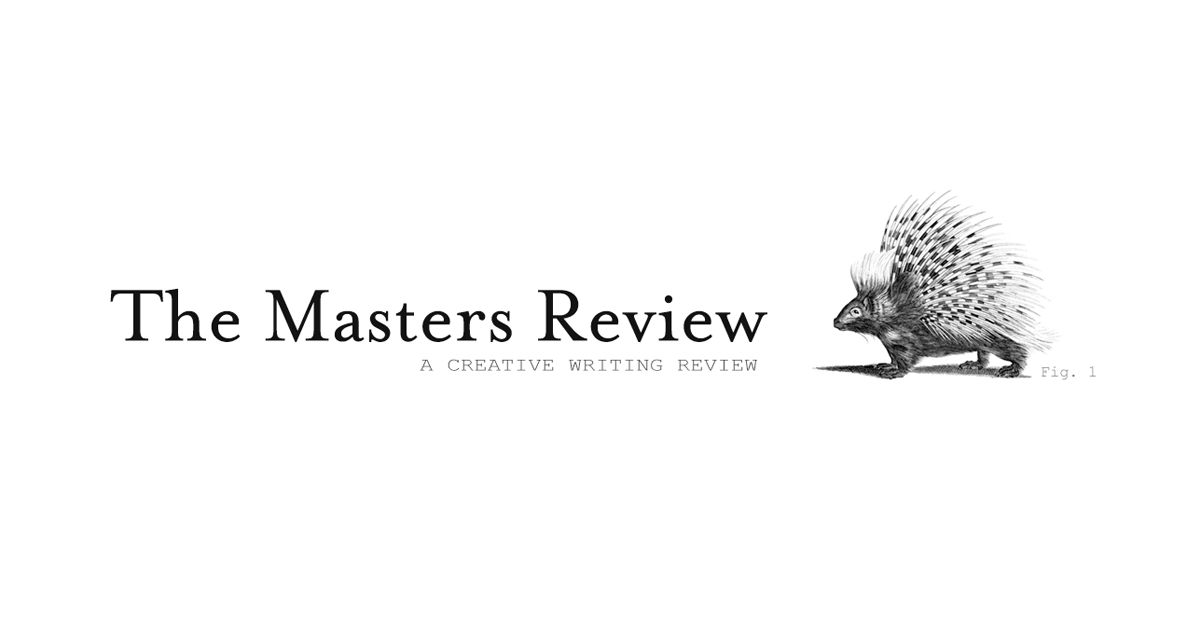Savor the last weeks of summer by submitting to contests with a deadline of August 31 or September 1! These competitions include opportunities for poets over the age of 60 and translators of poetry or prose from a Nordic language into English. Awards include $10,000 for a short story collection or novel as well as a six-week residency in Umbria, Italy. All contests offer a cash prize of $1,000 or more and two are free to enter. Best of luck, writers!
Academy for Teachers
Stories Out of School Flash Fiction Contest
A prize of $1,000 and publication in A Public Space will be given annually for a work of flash fiction about teachers and school, in which the protagonist or narrator is a K–12 teacher. Daniel Handler will judge. Deadline: September 1. Entry fee: none.
Academy of American Poets
First Book Award
A prize of $5,000, publication by Graywolf Press, and a six-week residency at the Civitella Ranieri Center in Umbria, Italy, is given annually for a poetry collection by a poet who has not published a book of poems in a standard edition. The winning book will also be distributed to over 5,000 members of the Academy of American Poets. Eduardo C. Corral will judge. Deadline: September 1. Entry fee: $35.
American-Scandinavian Foundation
Translation Awards
A prize of $2,500 and publication of an excerpt in Scandinavian Review is given annually for an English translation of a work of poetry, fiction, or creative nonfiction written in a Nordic language (Danish, Faroese, Finnish, Greenlandic, Icelandic, Norwegian, Sami, or Swedish). A prize of $2,000 and publication is also awarded to a translator whose literary translations from a Nordic language have not previously been published. Translations of works by 20th- and 21st-century Nordic authors that have not been published in English are eligible. Deadline: September 1. Entry fee: none.
Black Lawrence Press
St. Lawrence Book Award
A prize of $1,000 and publication by Black Lawrence Press is given annually for a debut collection of poems, short stories, or essays. The editors will judge. Deadline: August 31. Entry fee: $27.
Grid Books
Off the Grid Poetry Prize
A prize of $1,000 and publication by Grid Books is given annually for a poetry collection by a writer over the age of 60. Garrett Hongo will judge. Deadline: August 31. Entry fee: $25.
Gulf Coast
Prize in Translation
A prize of $1,000 and publication in Gulf Coast is given in alternating years for a group of poems or a prose excerpt translated from any language into English. The 2022 prize will be given for poetry. Daniel Borzutzky will judge. Deadline: August 31. Entry fee: $20, which includes a subscription to Gulf Coast, or $10, which includes a half-year subscription.
Munster Literature Centre
Fool for Poetry International Chapbook Competition
A prize of €1,000 (approximately $1,089) and publication by the Munster Literature Centre is given annually for a poetry chapbook. The winner will also receive accommodations to give a reading at the Cork International Poetry Festival in 2023. All entries are considered for publication. Deadline: August 31. Entry fee: €25 (approximately $27).
Talking Gourds
Fischer Prize
A prize of $1,000 is given annually for a single poem. The winner will also be featured in a Bardic Trails online reading in 2023 and will receive a $100 honorarium for participating. Anna Scotti will judge. Deadline: August 31. Entry fee: $10 ($25 for three poems).
University of New Orleans Press
Lab Prize
A prize of $10,000 and publication by University of New Orleans Press is given annually for a short story collection or novel. Deadline: August 31. Entry fee: $28.
Visit the contest websites for complete guidelines, and check out the Grants & Awards database and Submission Calendar for more contests in poetry, fiction, and creative nonfiction.





